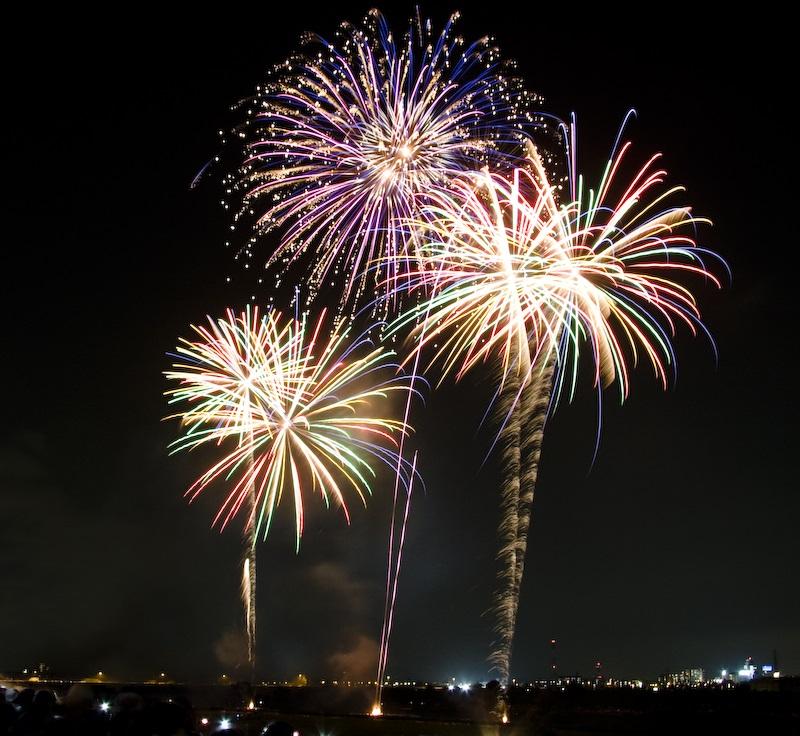Fireworks Safety

Though they can be exciting, festive and fun, it is important to remember that fireworks are also dangerous (CDC, 2000). In 2005, an estimated 10,800 people were treated in U.S. emergency departments for fireworks-related injuries (Greene & Joholske, 2006). The U.S. National Fire Protection Association and CDC strongly recommend that fireworks be used only by professionals.
SPECIAL DRY WEATHER NOTE: All fireworks pose a significant danger of starting grass or brush fires that can easily spread to other structures due to the extremely dry weather conditions. The best option is to leave all fireworks for the professionals who have firefighting personnel standing by during the shows.
When do these injuries happen? Typically, 60% of injuries from fireworks in the United States occur in the month surrounding the July 4th holiday (Greene & Joholske, 2006).
What types of fireworks cause injuries? Between June 18 and July 18, 2005, firecrackers (26%), sparklers (17%), and rockets (17%) accounted for most of the injuries seen in emergency departments. Sparklers were associated with over half of the estimated injuries among children under 5 years, during the same time period (Greene & Joholske 2006).
Who is likely to be injured? During the month around Independence Day (July 4), children 14 years and younger sustained about 45% of injuries related to fireworks (Greene & Joholske 2006).
What kinds of injuries occur? Injuries from fireworks most often affect the hands, eyes, and the head, face, and ear (Greene & Joholske, 2006).
Under the Federal Hazardous Substances Act, the federal government banned the sale of the largest and most dangerous fireworks to consumers. Some states have banned the general public’s use of fireworks altogether. Between 2000-2005, more than one third of the fireworks-related deaths involved professional devices that were illegally sold to consumers (CPSC, 2006). The safest way to prevent fireworks-related injuries is to leave fireworks displays to trained professionals.
For more information, visit the National Council on Fireworks Safety.
.png)
| 
